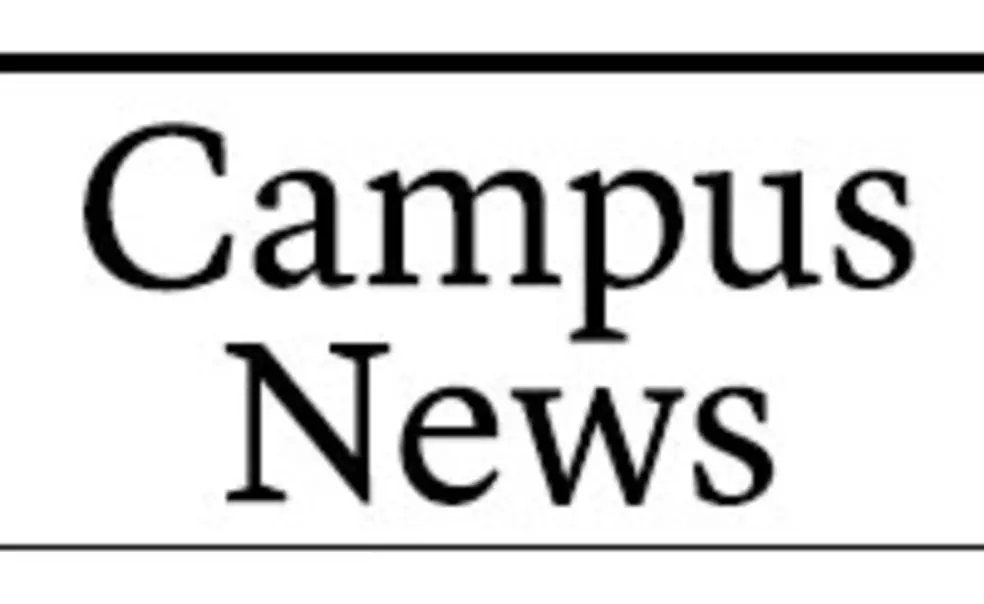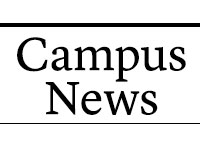Gates aims to transform teaching with genetics, geneaology
By Samantha Pergadia ’11
Harvard Professor Henry Louis Gates Jr. spoke to a packed audience in the Carl A. Fields Center March 5, explaining his current project on ancestry and his goal to implement genetics testing into history and science curricula for inner-city schools.
He began his talk by showing clips of African American Lives 2, the second PBS miniseries hosted by Gates. The series traces and reveals the lineage of several prominent African-Americans, including Chris Rock, Maya Angelou, and Tina Turner.
A renowned race theorist known for his book The Signifying Monkey, Gates has maintained an underlying interest in genetics and lineage. Gates said that humanists face a challenge of inserting themselves into discussions increasingly based on biological data. He said it will be difficult for them to "stop just saying stupid stuff about the social construction of race and figure out what that really means at the molecular level."
Gates' experience with DNA analysis inspired his plan to "revolutionize the way we teach science and history in inner-city schools." He hopes to implement genealogy in an ancestry-based curriculum for students in grades K-12, a program for which over 260 schools have volunteered to be guinea pigs.
During a six-week unit, students will interview family members to collect stories on their background, establishing a personal narrative for lessons on the Civil War and Great Depression. The students will then swab their cheeks and learn about the process of DNA analysis as they wait for their results. Each student will then prepare a report on the tribe they came from, coinciding with a unit on the African slave trade.
"What child wouldn't be interested in studying science or studying history if you tie it so inextricably to themselves?" Gates asked. "Inevitably, your favorite subject is yourself."













No responses yet